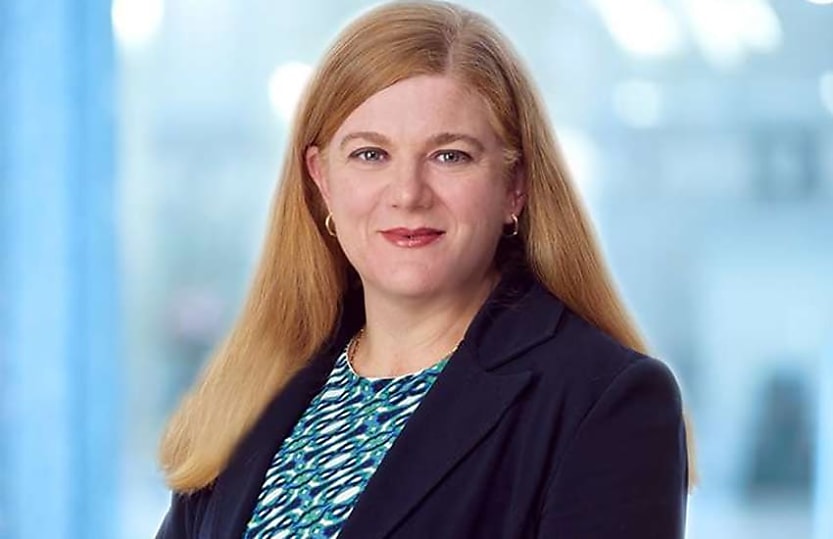'No escape’ from sustainability reporting for small business, warns BDO

Decarbonisation commitments by large entities are increasingly having flow-on impacts for smaller businesses in the value chain, according to BDO.
BDO national leader, IFRS and corporate reporting, Aletta Boshoff, said as the momentum builds for mandatory reporting by larger entities, the pressure for small businesses to measure their carbon footprint will also increase.
The government recently released its proposed three-year implementation approach for large entities to prepare sustainability reports, including climate-related financial disclosures.
By 2027–2028, all large Australian entities are expected to disclose sustainability-related financial disclosures.
Many large entities and groups have already started publicising decarbonisation commitments such as ‘net zero by 2050’.
“To achieve these targets, they need to ensure all suppliers, customers and service providers throughout the value chain have similar commitments,” said Ms Boshoff.
Ms Boshoff said she is already seeing instances where small businesses are given no choice but to measure their carbon footprint and prepare sustainability disclosures because customers demand it.
“In many cases, assurance is also required,” said Ms Boshoff.
“The saying ‘you can run, but you can’t hide’ is true for small businesses in this predicament. In the short-term, they may be able to avoid, in particular, measuring carbon footprint, but not for long. Eventually, most entities you transact with will require transparency on your carbon footprint, and there will be no escaping.”
Ms Boshoff reminded businesses that an entity’s footprint consists of three types of emissions:
Scope 1 emissions – those under the control of the entity
Scope 2 emissions – from purchased electricity
Scope 3 emissions – indirect emissions from suppliers of goods and services (upstream activities) and from customers (downstream activities).
“Scope 3 emissions comprise about 80 to 90 per cent of most entities’ emissions. Therefore, all organisations, including small businesses, will need to reduce emissions through the value chain,” said Ms Boshoff.
“You can’t manage what you don’t measure, so all entities will need to measure their carbon footprint one way or another.”
BDO partner, IFRS and corporate reporting, Kevin Frohbus said with many businesses now facing the prospect of producing their first sustainability report, it is important businesses think of sustainability as a journey, particularly in the early years.
“Think about the organisation’s sustainability journey, and report more broadly, in terms of continuous improvement over relevant time increments (e.g. one year, three years, five years) rather than an annual task on somebody’s to-do list,” said Mr Frohbus.
“The first sustainability report can be a sobering exercise because it can reveal to the organisation and its stakeholders the immensity of the task at hand. But it can also be a powerful statement that announces to the world that the organisation and its people are taking matters of environment, social and governance (ESG) seriously.”
Choosing the right sustainability reporting framework or standard can also be important.
“Reporting on sustainability matters is most useful and relevant when it is aligned with an existing sustainability reporting standard or framework, said Mr Frohbus.
“Choosing a framework to use to prepare your first sustainability report can be one of the most challenging decisions, especially if the organisation’s sustainability strategy is still in its infancy.”
Mr Frohbus said the decision will often be driven by the purpose of the report.
“If it’s compliance-driven, your framework options are likely to be guided by your jurisdiction's regulator,” he said.
“For example, in Australia, organisations guided by the regulations set out by ASIC have been strongly encouraged to follow the recommendations from the Taskforce on Climate-related Financial Disclosures (TCFD) for some time now, with the new standards recently released by the International Sustainability Standards Board (ISSB) expected to become mandatory from as early as the 2024–2025 financial year.”
About the author







